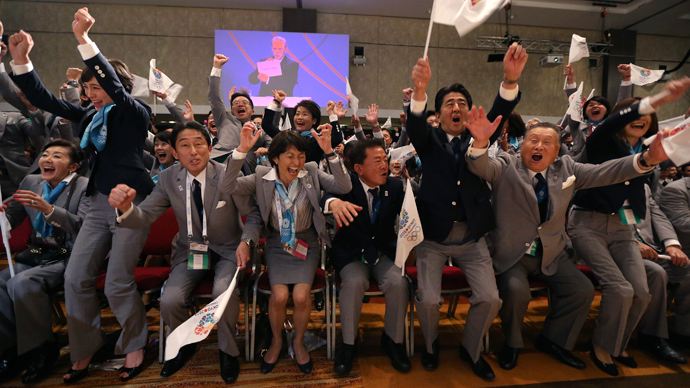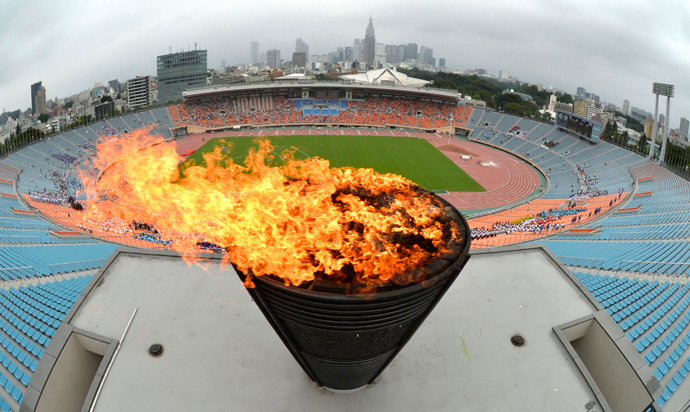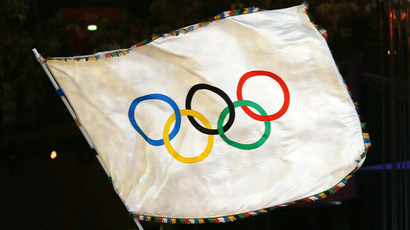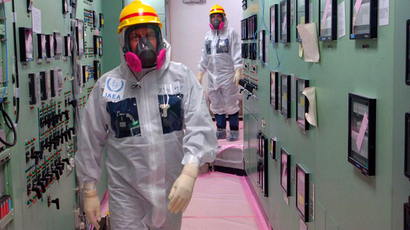Japan clinches Olympics: Road to recovery or digging deeper into debt?

Tokyo beat Madrid and Istanbul to host the 2020 Olympics. The games could prove to be the ultimate test of the country’s financial responsibility, and check whether it can simultaneously stimulate the economy and keep its spending in check.
Shinzo Abe, who spearheaded the campaign, will hope to emulate
the success of the city’s 1964 Games, which gave Japan a great
economic boost.
A revised statement on Monday showed Japan’s economy expanded 3.8
percent in the second quarter year-on-year, a dramatic increase
from the original 2.6 percent figure.
The Japanese official prediction of a 0.3 percent increase in
gross domestic product as a result of the Games could be a modest
forecast.

Value added from the London games was around 0.7 to 0.8 percent of Britain’s GDP over 7 years, and according to Robert Feldman, head of Japan economic research at Morgan Stanley MUFG Securities, Tokyo could produce similar results, Bloomberg reported.
The government forecasts $30 billion in economic benefits for Japan, and has proposed a modest $7.5 billion budget. The Tokyo 2020 bid committee anticipates the Games will give rise to 150,000 jobs.
Japan, which is wrestling with a $10.5 trillion debt, more than 230 percent of its GDP, and the highest of any developed country will have to carefully juggle the massive government spending the Games will require.
Is the price right?
A new 80,000 seat national stadium will cost nearly $1 billion
and a waterfront Olympic Village will be built for a similar
cost, which combined are twice the size of Japan’s $995 billion
2013 state budget request.
The Games offer a perfect opportunity for Abe to put Abenomics
into practice- by enacting massive government spending. The Tokyo
2020 Bid Committee have put forward a modest sticker price for
the Games- around $7.5 billion, lower than both Beijing in 2008
and London 2012. London’s games ended up exceeding the original
budget four-fold. The $12 billion budget first projected for the
2014 Sochi Olympics has already ballooned to $50 billion.
Tokyo playing host to the 2020 Games could send positive shock
waves through the economy, but could very well bankrupt it along
the way, as the 2004 Athens games did to Greece, running 800
percent over the estimated budget.
The Games will help Abe move along two economic agendas close to
his heart- raising sales tax and legalizing gambling.
The safe bet
With a state-of-the-art transit system already in place, and home
to one of the world’s most developed hotel industries, Tokyo was
a safe bet for International Olympic Committee (IOC) members.
Kevan Gosper, an IOC delegate from Australia, said Tokyo represented “a pretty secure option and demonstrates a shift in world activity and economics and sport toward Asia.”
With political economic uncertainly erupting around the globe,
Tokyo outshone its more risky opponents Istanbul and Madrid. High
unemployment and economic instability in Spain dissuaded IOC members
from selecting Madrid, and a possible Syria war on Turkey’s border made Tokyo the favorite
despite the looming environmental concern of the Fukushima nuclear power plant leak.














